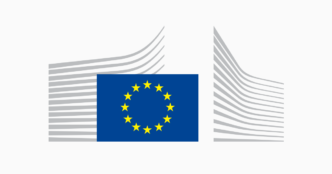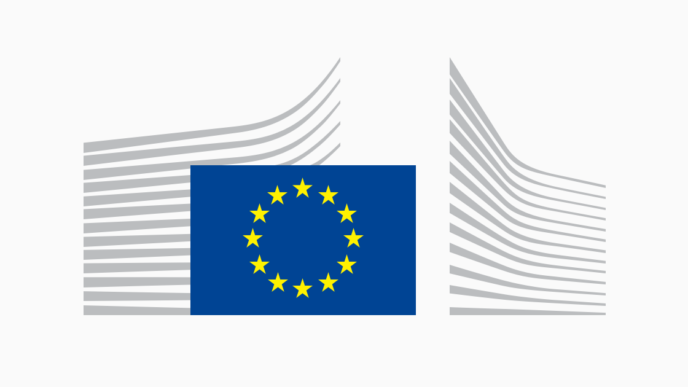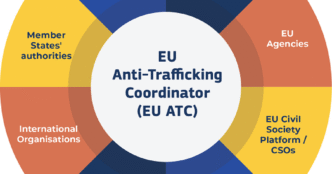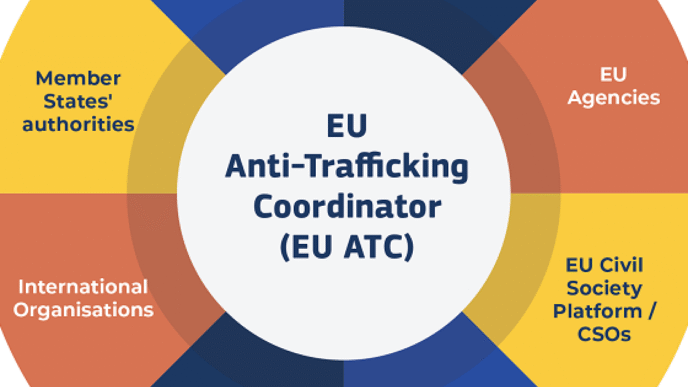The European Commission has put forward a draft EU annual budget for 2026. It builds on the mid-term revision of the EU’s long-term budget (2021-27) that addressed a series of recent, unpredicted developments, including a global pandemic, an energy crisis and growing geopolitical tensions around the world. In line with this, the 2026 annual budget will support EU priorities such as support for Ukraine, competitiveness, migration management, security and defence, and strategic investments, as well as continued support for green and digital transitions.
The draft 2026 budget is set at €193.26 billion, complemented by an estimated €105.32 billion under NextGenerationEU, the EU’s instrument to support Europe’s economic recovery from the coronavirus pandemic.
Besides funding EU strategic priorities, the draft budget foresees additional funding under the cohesion mid-term review proposal that encourages EU countries to reprogramme cohesion funding towards emerging priorities, such as competitiveness, defence, affordable housing, water resilience and energy transition.
Among other policies, the 2026 annual budget will go towards:
- single market, innovation and digital – €22,054.4 billion
- cohesion, resilience and values – €71,726.1 billion
- natural resources and environment – €56,971.9 billion
- migration and border management – €5,010.0 billion
- security and defence – €2,803.5 billion
- neighbourhood and the world – €15,505.0 billion
The annual budget for 2026 will have to be formally adopted by the European Parliament and Council before the end of the year.
For more information
Questions and Answers about the Draft Annual Budget 2026
All EU annual budget documents














